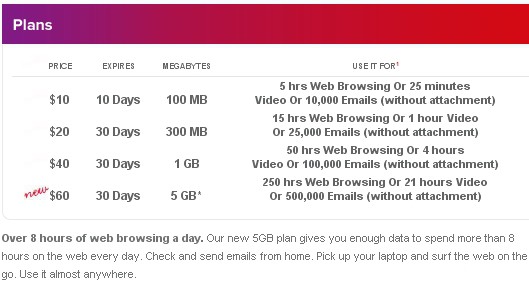More than three million Cablevision subscribers in New York, New Jersey and Connecticut are without their local ABC station as another retransmission fee dispute reached an impasse late Saturday night.
WABC-TV, the top-rated television station in New York went dark on Cablevision customer screens Sunday morning, potentially depriving cable customers access to tonight’s Academy Awards telecast.
“If Cablevision is serious about doing right by their customers and returning ABC7 and its programming to them, then they need to act now. The ball is in their court,” WABC-TV president and general manager Rebecca Campbell said in a statement.
The station says it sent Cablevision a new proposal earlier today, but Cablevision had not yet responded.
Cablevision argues it already pays $200 million dollars a year for Disney-owned cable networks like ESPN, and WABC’s request for what the company characterizes as $1 per month per subscriber is too much.
 Cablevision is telling subscribers “it is wrong for ABC to demand $40 million in new fees to help pay the salaries and bonuses for top ABC executives” and characterizes the additional fees as a “TV tax.” That argument might have some sway had Cablevision not recently agreed to some hefty pay raises and bonuses for its own management, while customers faced another rate increase.
Cablevision is telling subscribers “it is wrong for ABC to demand $40 million in new fees to help pay the salaries and bonuses for top ABC executives” and characterizes the additional fees as a “TV tax.” That argument might have some sway had Cablevision not recently agreed to some hefty pay raises and bonuses for its own management, while customers faced another rate increase.
Coming just two months after another high profile dispute between the cable operator and Scripps’-owned Food Network and HGTV, some Cablevision subscribers have had enough.
 Stop the Cap! reader Jen said she ordered Verizon FiOS for her Long Island home as soon as she heard about the dispute.
Stop the Cap! reader Jen said she ordered Verizon FiOS for her Long Island home as soon as she heard about the dispute.
“We’ve been here before and I just knew these guys would not get serious about negotiations until after the station was pulled, and I’m tired of them playing with my lineup arguing over who gets my money,” Jen writes. “Verizon FiOS had a great sign-up offer and they don’t have these bull-headed disputes that drag customers into the middle of the ring to get repeatedly gored.”
Jen’s service was installed Friday, so she’s enjoying tonight’s Oscar telecast while her neighbors might not.
“Maybe we’ll have them over so they don’t have to play around with rabbit ears,” she adds.
Cablevision has been hounded by politicians who are also annoyed with programming disputes. Cablevision says it would agree to binding arbitration and wants the Federal Communications Commission to intervene. Both possibilities are highly unlikely, however.
What is likely is the high profile Academy Awards broadband will act as a de facto deadline for the two sides to hammer out a final agreement in time to allow WABC back on the lineup. Most likely, both sides will settle around the 50-60 cent range for New York’s channel seven.
[flv width=”600″ height=”356″]http://www.phillipdampier.com/video/WABC New York Cablevision Drops WABC 3-7-10.flv[/flv]
WABC-TV New York tells viewers Cablevision dropped channel 7 early Sunday morning after negotiations failed to resolve a dispute over fees. (2 minutes)
[flv]http://www.phillipdampier.com/video/Cablevision Dispute WABC 3-5-10.flv[/flv]
Cablevision is running this message for subscribers explaining the loss of WABC-TV from the cable lineup. (3 minutes)


 Subscribe
Subscribe




